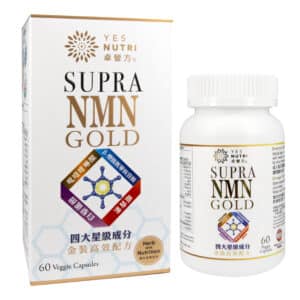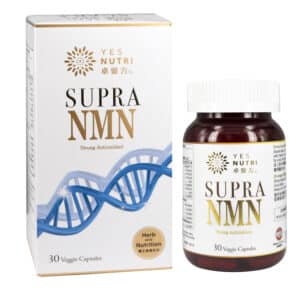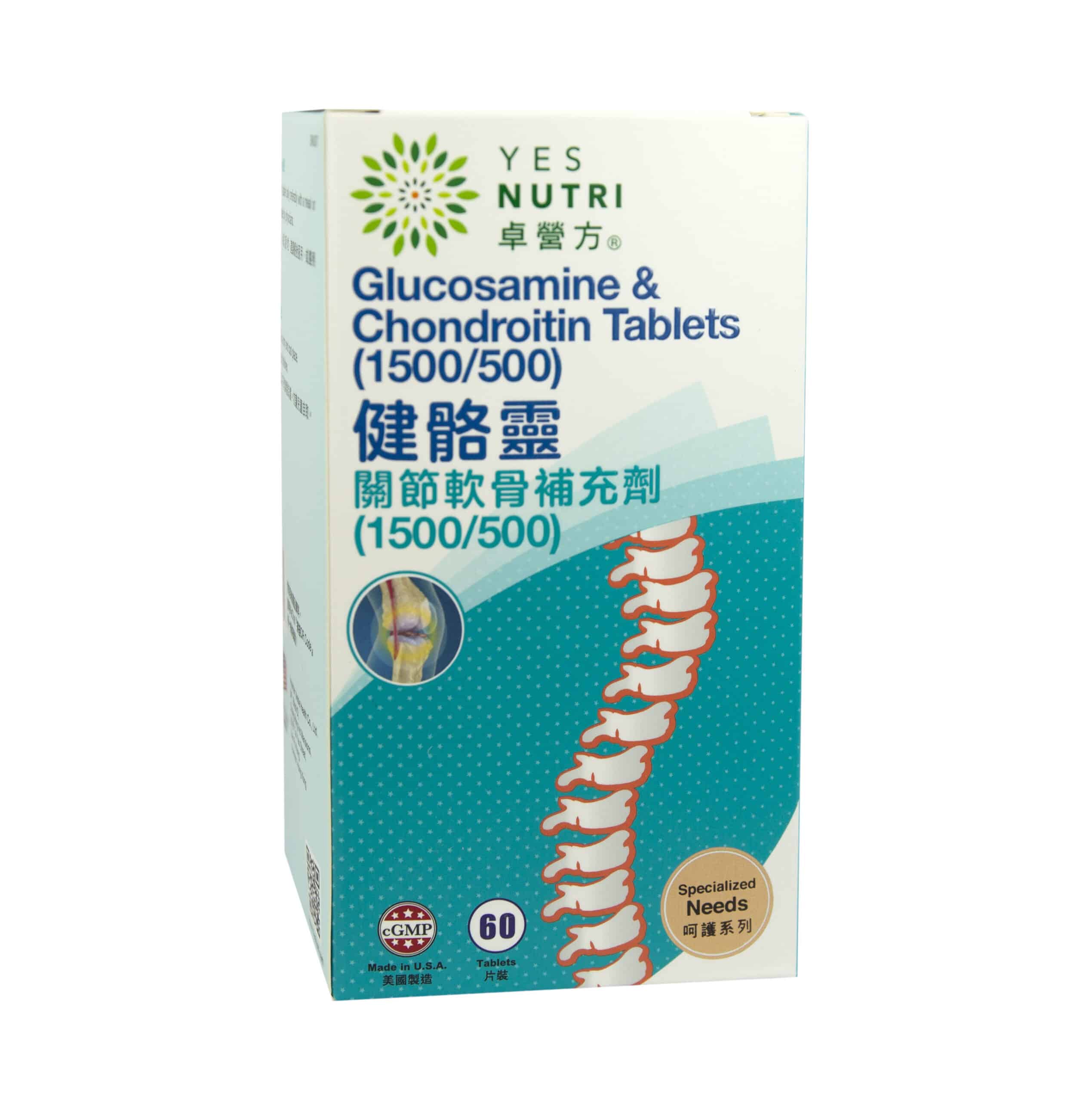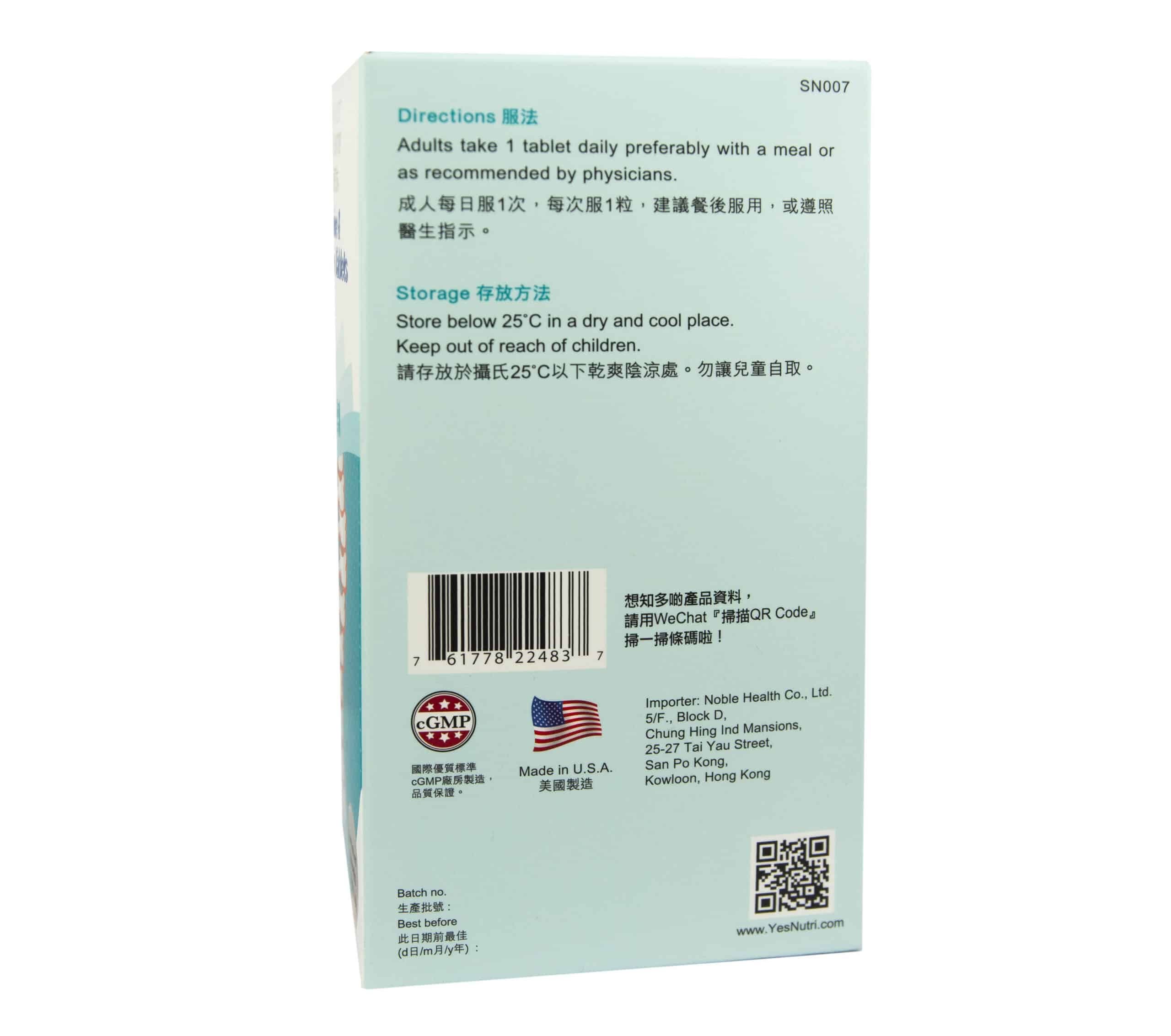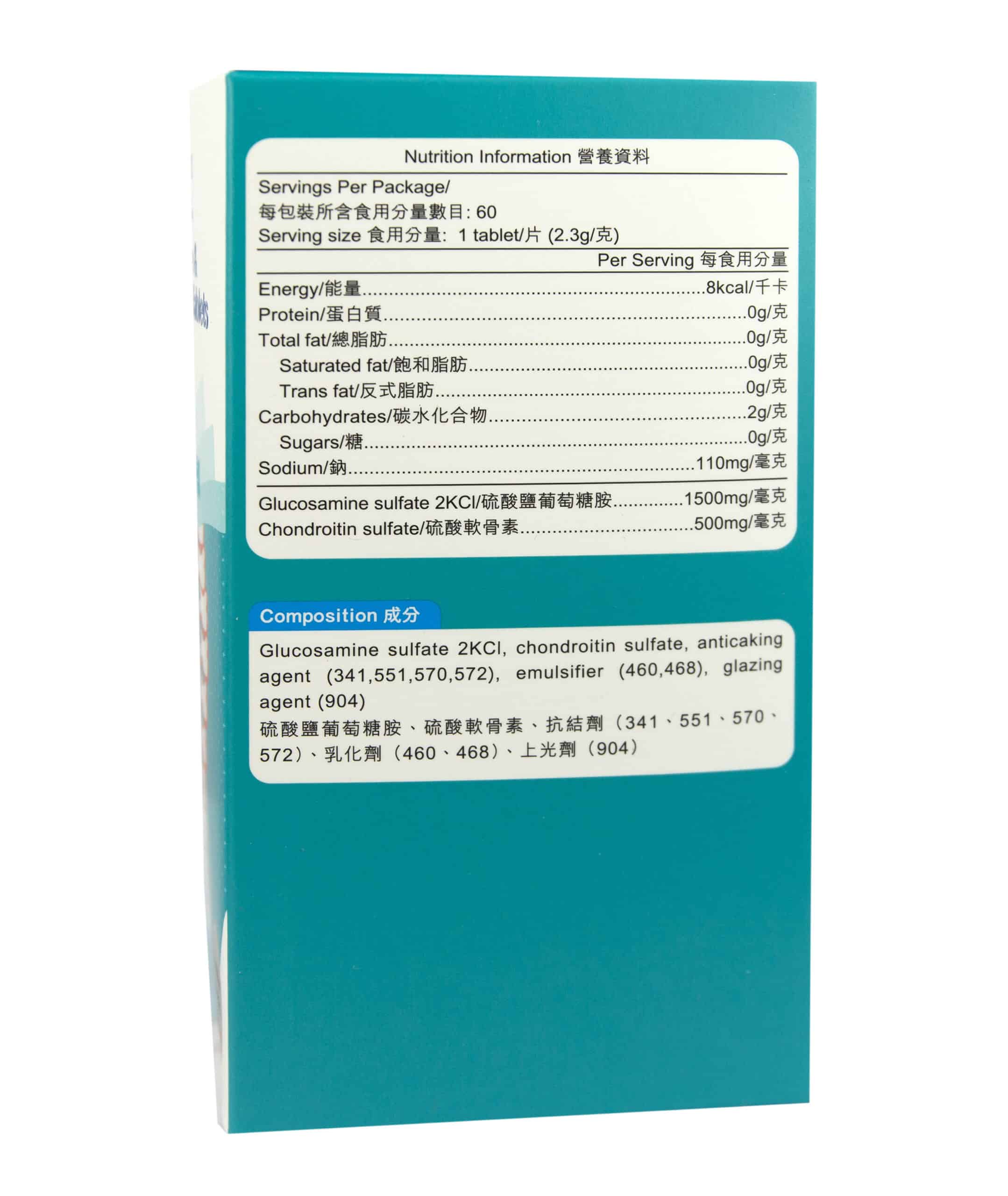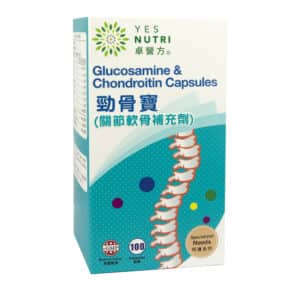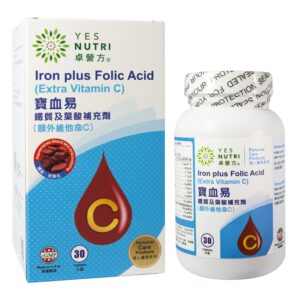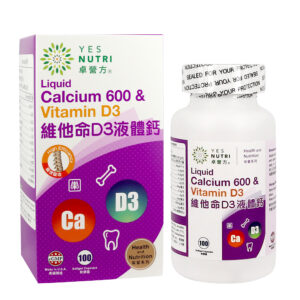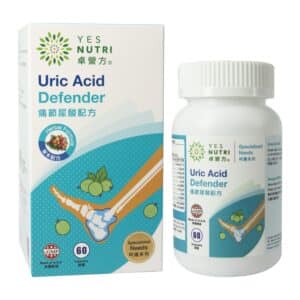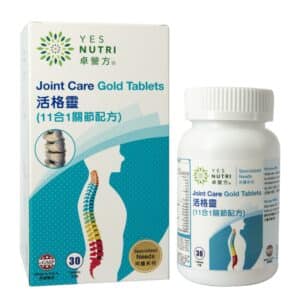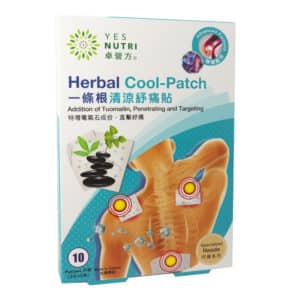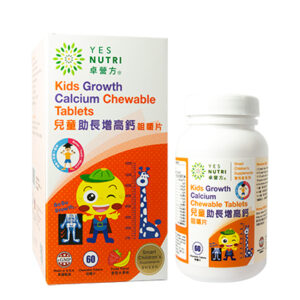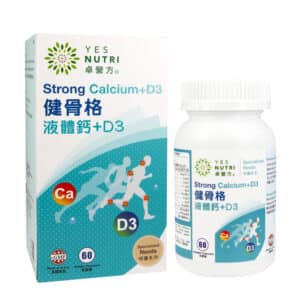Product Name:
Yesnutri Glucosamine & Chondroitin Tablets (1500/500)
Pack Size:
60 Tablets
Place of Origin:
America
Composition:
Each capsule contains:
Direction:
Adults take 1 tablet daily preferably with a meal or as recommended by physicians
Description:
What is Glucosamine?
Glucosamine is an amino sugar which exists in our body in form of proteoglycans.[1,2] Proteoglycan is found in articular cartilage and other connective tissues.[1,2] Its viscoelastic property keeps large amount of water in cartilage, and makes glucosamine a key component of articular cartilage.[1,2]
Glucosamine commonly exists as Glucosamine Sulfate or Glucosamine Hydrochloride. It helps to restore damaged joints, slow down degeneration of cartilage tissue and helps to maintain normal joints.[1-14]
Articular Cartilage – Bumper for the Joints
Cartilage provides a low-friction surface that covers the ends of the bones.[1] It has viscoelastic properties that provide lubrication during motion, shock absorbency, and load support.[1,3-4] Hence, normal and healthy articular cartilage will enable smooth joint movement, prevent damage of bone by friction and weight, and stabilize position of bones and joints.
Why do we need Glucosamine?
Cartilage is mainly composed of water, which its level decreases with age. About 85% of cartilage is water in young people, while it drops to about 70% water in older people.[5] With decrease of water content, the cartilage become harder.[1,3,5] This explains why joint movements usually become less smooth as we age.
Injury or degenerative joint diseases, e.g. osteoarthritis, will accelerate the damage or erosion of cartilage tissues and the loss of water from cartilage. Eventually, cartilage will be destroyed and lose its functions.[1-14] Without the protection from cartilage, the ends of the joint bones will have bony overgrowth and often inflame due to the body autoimmune response to the damage.[2,4] Consequently, the joints swell, and the patients would have stiff and painful joints.[1,10-11]
More Sufficient Amount of Glucosamine Available
Most of the glucosamine supplements in the market stated on their composition labels that contains 750mg Glucosamine Sulphate 2KCl. In fact, there is only 60-70% of active glucosamine as the label claimed, whereas the amount of glucosamine is 100% available as the label claimed without 2KCl. Hence, it can more effectively maintain the health of joints.
Deficiency of Glucosamine may cause:
- Osteoporosis[12]
- Adhesive capsulitis[13]
- Hip osteoarthritis[2,3,6,11]
- Sport injuries and ligament inflammation[4-6]
- Lumbar spine dislocation[5]
- Degeneration of spinal column, vertebral bone and knee canopy[5]
- Stiff and pain of joint[1-2,4-14,16,17]
- Inflammation of fingers and wrists[13]
- Joint pain due to over-working[3,4]
- Varicose veins[15]
Significant effects observed for continued intake of 3 to 6 months or above:
- Relieve pain, inflammation and swelling[1-2,4-17]
- Enhance recovery of articular cartilage and slow down cartilage degeneration[1-14]
- Supplement for synovial fluid[2,4]
- Strengthen the flexibility of joints[1-14]
- Enhance walking ability[1-14,16]
- Promote wound healing[12,14]
- Promote blood circulation[5]
References:
- McDevitt CA. Biochemistry of articular cartilage – Nature of proteoglycans and collagen of articular cartilage and their role in ageing and in osteoarthrosis. Ann Rheum Dis. 1973;32(4):364-78.
- Glucosamine Sulfate. Natural Medicines Comprehensive Database.
- Wright V, Dowson D. Lubrication and cartilage. J Anat. 1976;121(Pt 1):107-18.
- Blewis ME, Nugent-Derfus GE, Schmidt TA, Schumacher BL, Sah RL. A model of synovial fluid lubricant composition in normal and injured joints. Eur Cell Mater. 2007;13:26-39.
- Antoniou J, Steffen T, Nelson F, Winterbottom N, Hollander AP et al. The human lumbar intervertebral disc: evidence for changes in the biosynthesis and denaturation of the extracellular matrix with growth, maturation, ageing, and degeneration. J Clin Invest. 1996;98(4):996-1003.
- Treatment of Primary and Secondary Osteoarthritis of the Knee. Rockville (MD): Agency for Healthcare Research and Quality (US); 2007 Sep. (Evidence Reports/Technology Assessments, No. 157)
- Simoens S, Laekeman G. Pharmacotherapeutic aspects of treating knee osteoarthritis with glucosamine sulfate. Health. 2010;2(7):705-7.
- Reginster JY, Deroisy R, Rovati LC, Lee RL, Lejeune E et al. Long-term effects of glucosamine sulphate on osteoarthritis progression: a randomized, placebo-controlled clinical trial. Lancet. 2001;357(9252):251-6.
- Sawitzke AD, Shi H, Finco MF, Dunlop DD, Harris CL et al. Clinical efficacy and safety of glucosamine, chondroitin sulphate, their combination, celecoxib or placebo taken to treat osteoarthritis of the knee: 2-year results from GAIT. Ann Rheum Dis. 2010;69(8):1459-64.
- Wildi LM, Raynauld JP, Martel-Pelletier J, Beaulieu A, Bessette L et al. Chondroitin sulphate reduces both cartilage volume loss and bone marrow lesions in knee osteoarthritis patients starting as early as 6 months after initiation of therapy: a randomised, double-blind, placebo-controlled pilot study using MRI. Ann Rheum Dis. 2011;70(6):982-9.
- Jordan KM, Arden NK, Doherty M, Bannwarth B, Bijlsma JW et al. EULAR Recommendations 2003: a evidence based approach to the management of knee osteoarthritis: Report of a Task Force of the Standing Committee for International Clinical Studies Including Therapeutic Trials (ESCISIT). Ann Rheum Dis. 2003;62(12):1145-55.
- Aam BB, Heggset EB, Norberg AL, Sørlie M, Vårum KM, Eijsink VG. Production of chitooligosaccharides and their potential applications in medicine. Mar Drugs. 2010;8(5):1482-517.
- Garcilazo C, Cavallasca JA, Musuruana JL. Shoulder manifestations of diabetes mellitus. Curr Diabetes Rev. 2010;6(5):334-40.
- MacKay D, Miller AL. Nutritional support for wound healing. Altern Med Rev. 2003;8(4):359-77.
- Drubaix I, Robert L, Maraval M, Robert AM. Synthesis of glycoconjugates by human diseased veins: modulation by procyanidolic oligomers. Int J Exp Pathol. 1997;78(2):117-21.
- Efficacy of Glucosamine and Chondroitin Sulfate May Depend on Level of Osteoarthritis Pain, NIH News, National Instituted of Health, Embargoed For Release, Feb 22, 2006.
- Middleton E Jr, Kandaswami C, Theoharides TC. The effects of plant flavonoids on mammalian cells: implications for inflammation, heart disease, and cancer. Pharmacol Rev. 2000;52(4):673-5.

